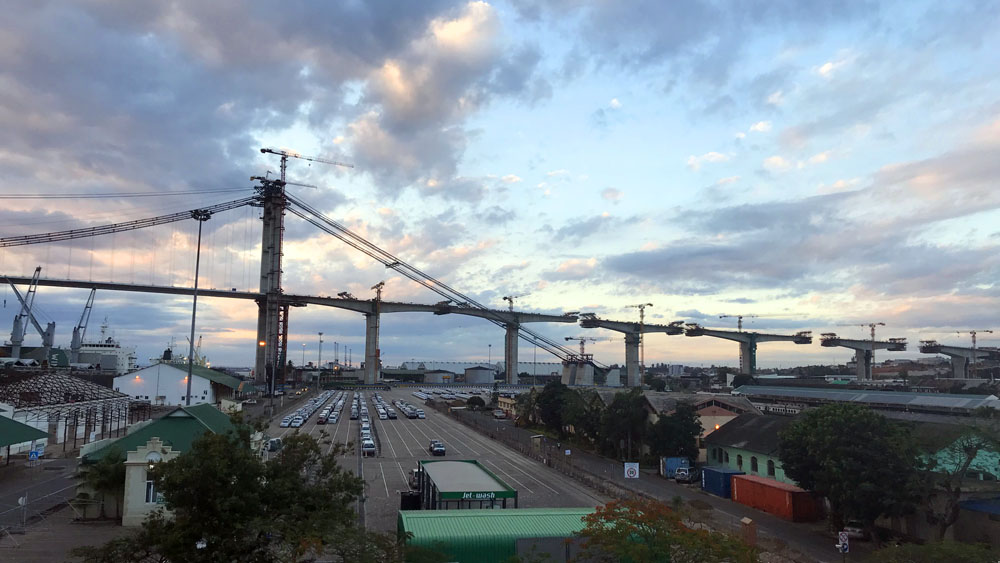Mozambique has officially launched the National Public Works Administration (ANOP, IP) to take charge of all government construction and maintenance of social infrastructure across the country. The launch event was held in Maputo on Thursday, July 17, and was presided over by the Minister of Public Works, Housing, and Water Resources, Fernando Rafael.
According to Minister Rafael, the new body is expected to change how public infrastructure is built in Mozambique, saying the move marks “a new phase in how Mozambique builds its future.” He said ANOP will not only focus on putting up buildings but will aim to deliver dignity and improve people’s lives.
“More than constructing buildings, we want to create dignity. More than completing projects, we want to improve lives. This is ANOP’s mission and our commitment to every Mozambican,” Rafael stated.
ANOP, IP was formed under the Presidential Decree No. 12/2025, issued in February 2025, as part of broader structural reforms within the country’s public administration. The decree gave new responsibilities to the Ministry of Public Works, allowing it to focus more on delivering quality infrastructure in key sectors like health, education, culture, justice, and social protection.
The actual structure and functions of ANOP were defined in Decree No. 15/2025, signed in June. The new body has now become fully operational and will serve as the central agency for technical planning, project validation, and quality control of government construction work.
Minister Rafael stressed that ANOP is not replacing existing departments but is being introduced to strengthen government coordination, ensure that projects meet required technical standards, and allow for better use of public funds. He added that the institution would help guarantee fairness in how infrastructure is distributed across Mozambique’s provinces.
One of the major functions of ANOP will include supervising and inspecting public works, promoting environmentally friendly construction methods, and establishing national building standards suited to climate change realities. The agency is also tasked with validating all architectural and engineering plans before projects are executed.
At the same ceremony, Minister of Education and Culture, Samaria Tovela, welcomed the establishment of ANOP, saying it would allow ministries like hers to concentrate on their core duties.
“With the creation of ANOP, we will be able to focus on our primary mission: educating and training citizens,” Tovela said. “We will have a new approach to ensuring adequate infrastructure, even with scarce resources.”
Minister Tovela also appealed for stronger cooperation between ministries and government agencies, encouraging everyone to see social infrastructure as more than just bricks and mortar—but as investments in human development and national progress.
The structure of ANOP includes a Board of Directors, a Supervisory Board, and a Management Board, all set up to ensure accountability and smooth functioning. Its launch reflects the government’s commitment to modernizing public works, improving service delivery, and raising the standard of infrastructure development across the country.
Experts say that with ANOP’s establishment, Mozambique is taking a major step toward reducing waste, delays, and poor-quality construction, which have often affected public projects. The goal is to build schools, hospitals, courts, and other social facilities that are durable, safe, and well-distributed throughout both urban and rural areas.
Mozambique continues to face challenges in infrastructure development, especially in remote areas where roads, health centers, and classrooms are still in poor condition. The government hopes ANOP will help bridge this gap and ensure that all Mozambicans enjoy equal access to vital public services.
With clear legal backing and a focus on technical excellence, transparency, and sustainability, the new institution could become a model for how African countries handle infrastructure development.
